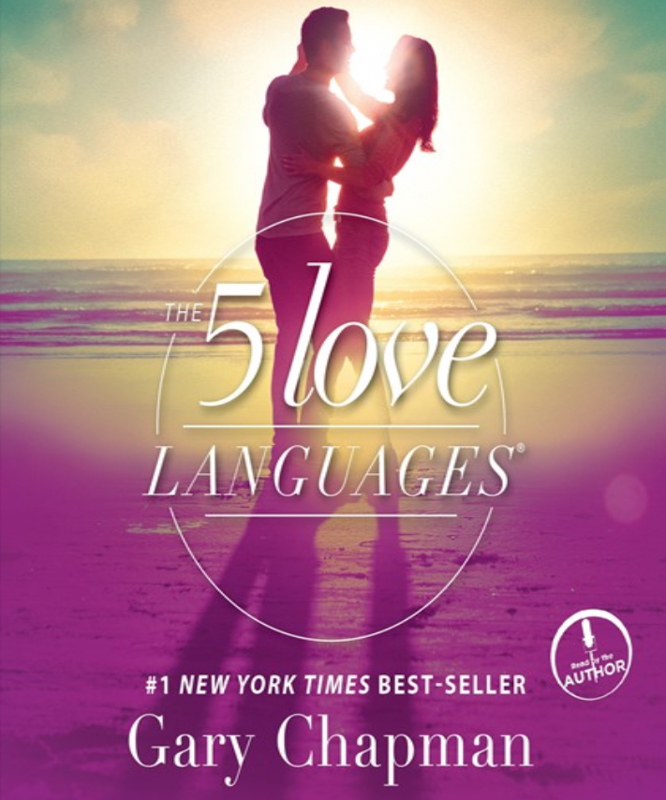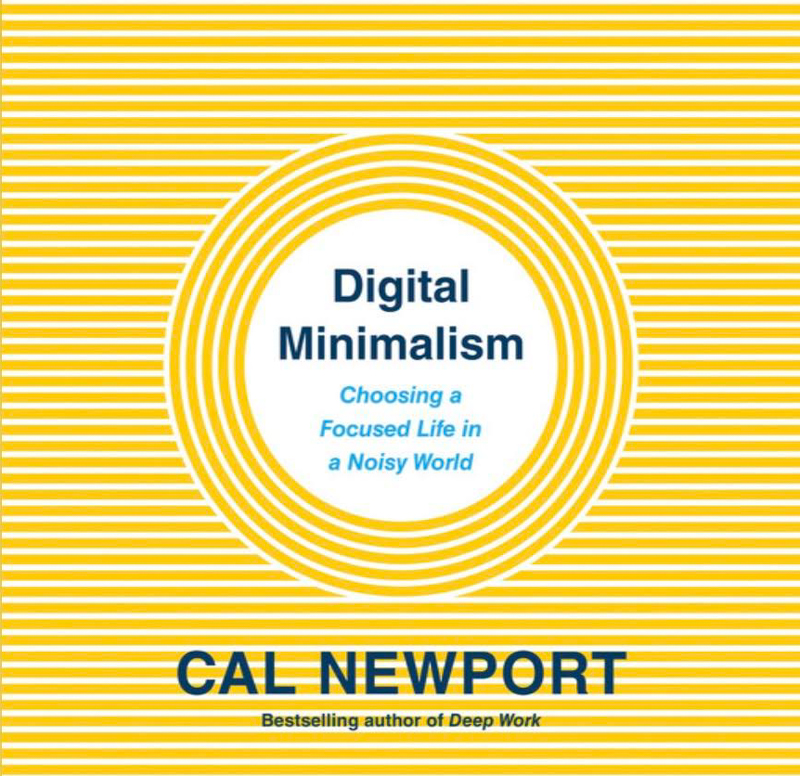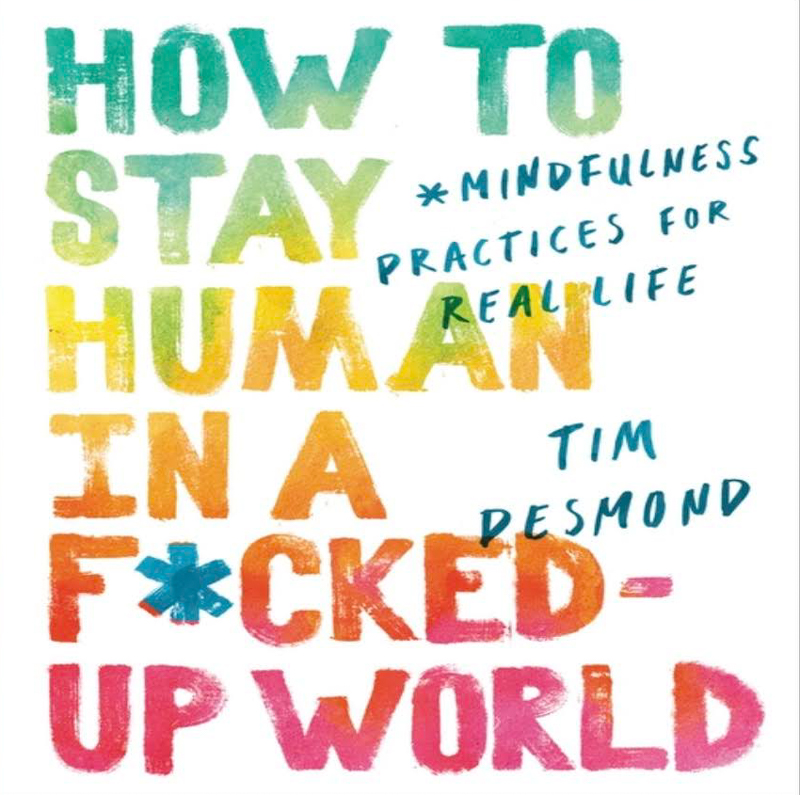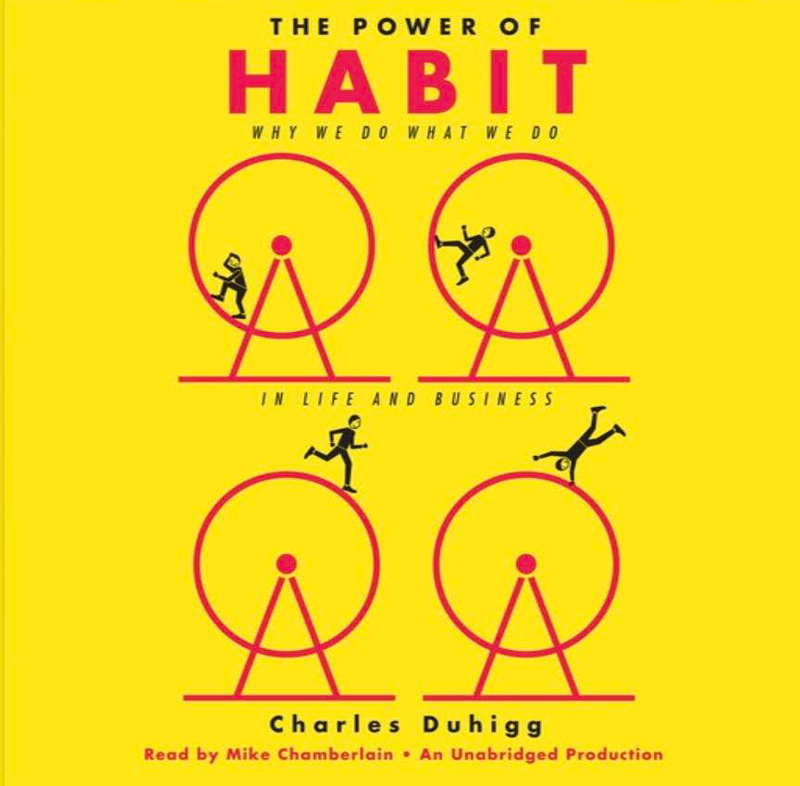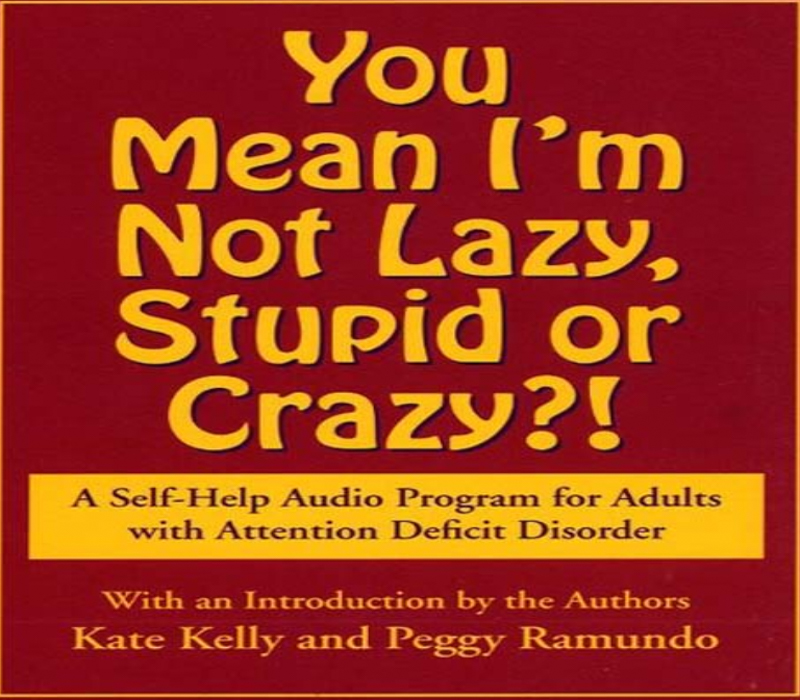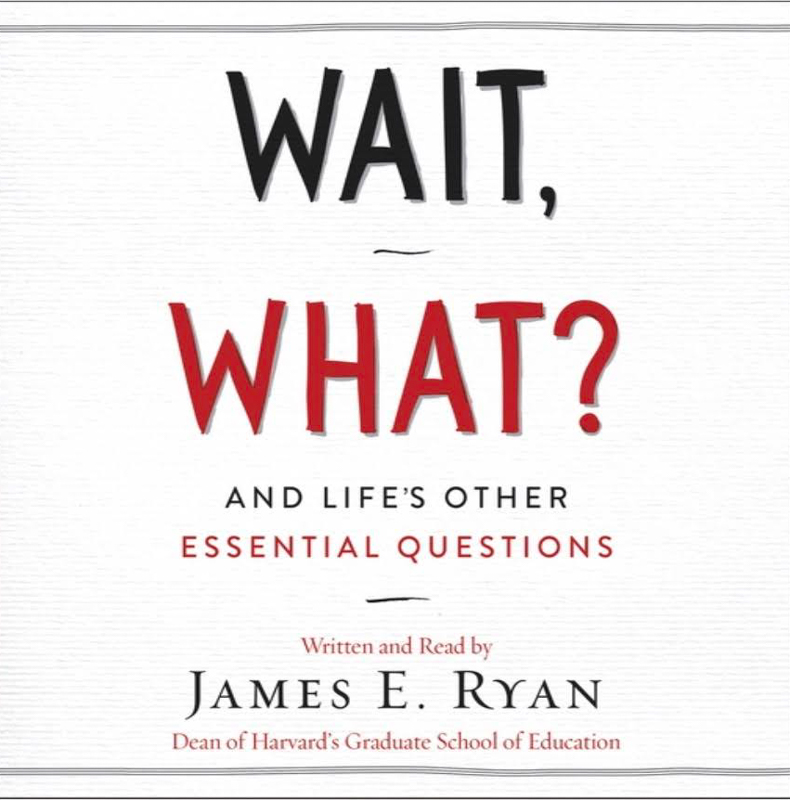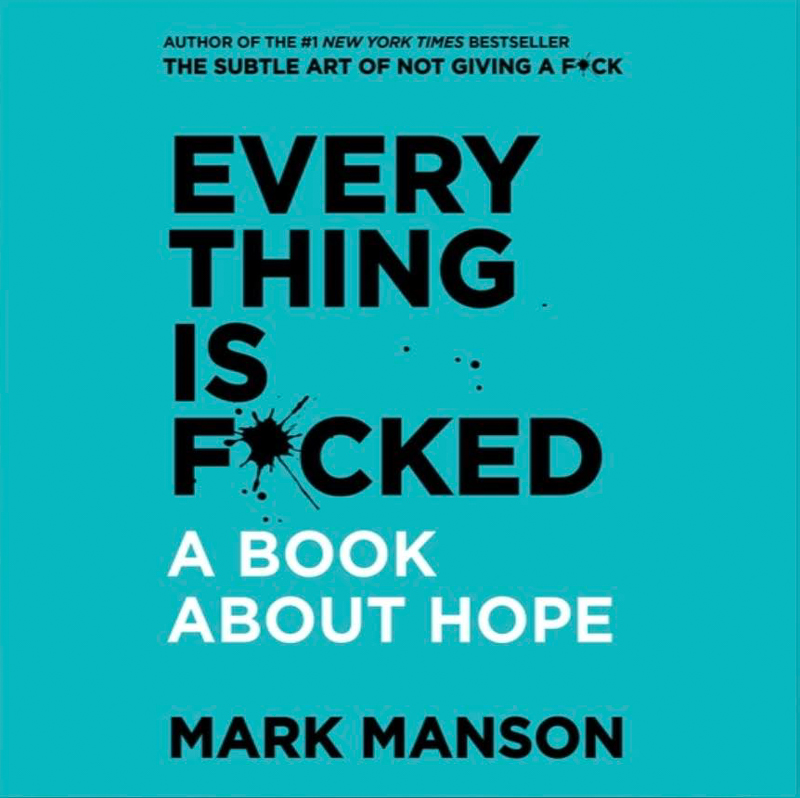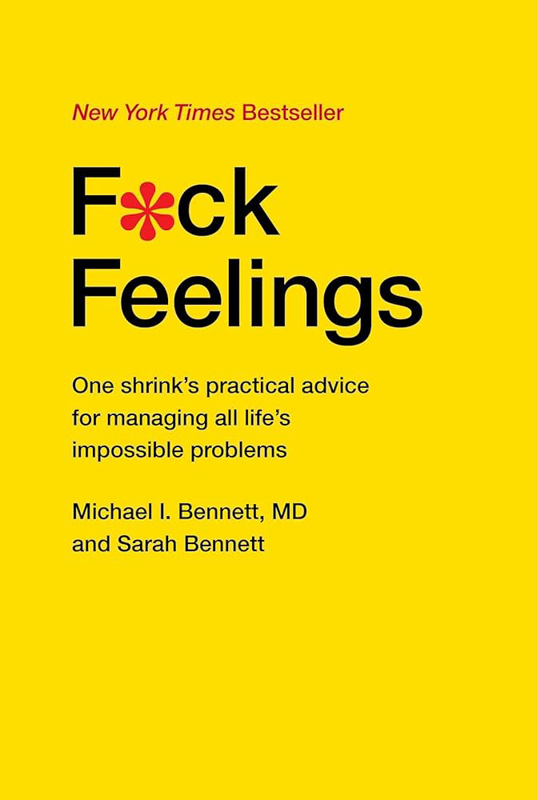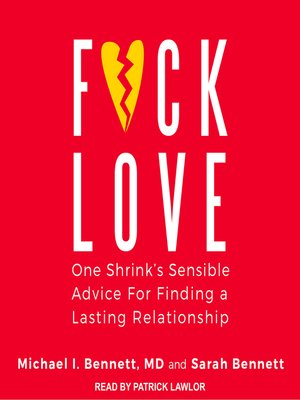The Year of Less
Background
Published in 2018, “The Year of Less” is a memoir written by Cait Flanders that details her journey of self-discovery and intentional living through a year-long shopping ban. Flanders, a recovering alcoholic and shopaholic, decides to confront her issues with consumption and excess by embarking on a 12-month challenge to limit buying material goods, including clothes, shoes, and household items. Along the way, she confronts her past mistakes, gains new insights into herself and her values, and learns to live a simpler, more fulfilling life.
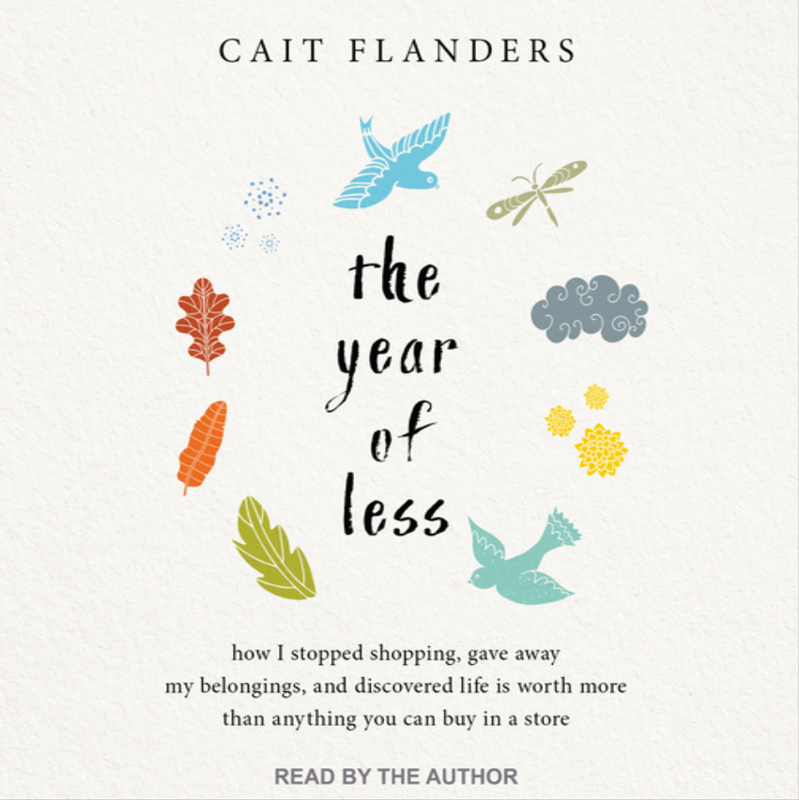
My Thoughts
I had heard about this book from a number of sources and thought it might be something good to read. However, I was wrong. I couldn’t get through it. I’m sure it resonated with many people but I just couldn’t get there. I kept seeing her as just a selfish person without a moral compass. I guess she is progressing but most of her epiphanies were things I would expect my 10-year-old to understand. However, perhaps that says more about me than about her.
Recommendation
I really didn’t find any reason to read it and I resent the time spent with it.
